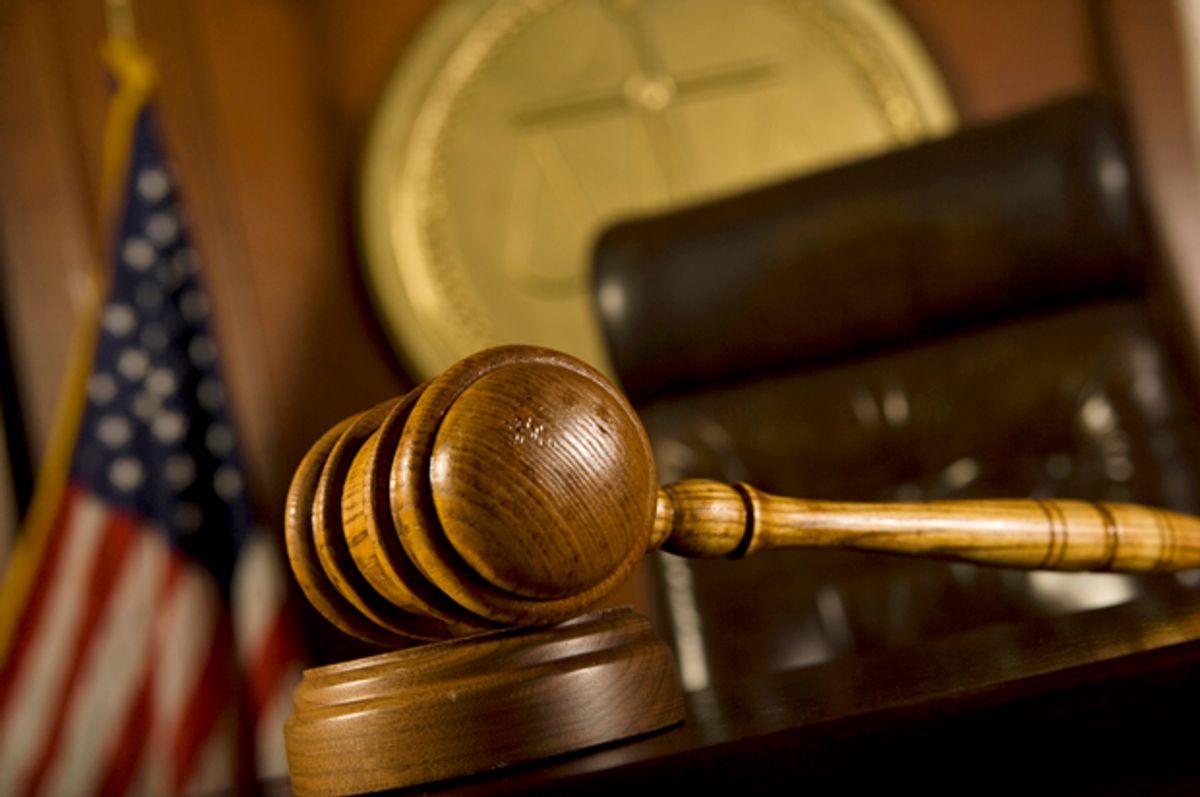The Orleans Parish district attorney's office has been caught issuing fake subpoenas that threatened if the recipient ignored the notice he or she would be fined or imprisoned, according to The Lens.
Last November Tiffany Lacroix, received one of these "subpoenas" in the mail from District Attorney Leon Cannizzaro’s office. “A FINE AND IMPRISONMENT MAY BE IMPOSED FOR FAILURE TO OBEY THIS NOTICE,” it read. She was ordered to talk with a prosecutor prior to an upcoming trial for Cardell Hayes, a man charged with the murder of former New Orleans Saints football player Will Smith.
By law, when subpoenas are issued they must come from the clerk of court after being authorized by a judge in order to prevent "possible abuse" from a district attorney's office. Lacroix's notice was not approved by the court — which is potentially illegal or at least unethical — and she would not have been jailed or fined for failing to adhere to its demands.
“There’s no question this is improper,” Pace University law professor Bennett Gershman, a former prosecutor in New York City and an expert in prosecutorial misconduct, told The Lens. He added, “Clearly, it’s unethical because the prosecutor is engaging in fraudulent conduct."
Assistant District Attorney Chris Bowman, who serves as Cannizzaro's spokesman, defended the use of the potentially illegal fake subpoenas and referred to them as "notifications" or "notices."
“The district attorney does not see any legal issues with respect to this policy,” he told The Lens.
The Lens reported:
But Wednesday, after The Lens told Bowman that our story would report that legal experts say the practice could be illegal, The New Orleans Advocate reported that the DA’s office had announced it would end the practice. The Lens received no such announcement.
Bowman didn’t know how often these notices are used, but he said the practice predates Cannizzaro’s tenure by decades.
The Lens has found three recent cases in which witnesses received the so-called subpoenas. In two cases, people with ties to the defendant received them days before the trial. A lawyer told us about another instance, but we couldn’t confirm it.
Dane Ciolino, a Loyola law professor and legal ethics expert, told The Lens, “It is inappropriate for the District Attorney’s Office to falsely suggest that this document is a ‘subpoena.’”
Under Louisiana law, district attorneys are allowed to privately meet with witnesses outside of a courtroom, but subpoenas must be authorized by a judge. Failing to respond to such subpoenas can result in the recipient being charged with contempt of court or even arrested.
"To subpoena someone for one of these private interviews, prosecutors have to submit a written application to a judge in which they present 'reasonable grounds' to question the person," according to The Lens. "The judge decides whether to order the court clerk to issue the subpoena."
In these cases, however, a court did not authorize the so-called subpoenas.
Cannizarro's office has a history of being accused of "overly aggressive tactics" including ensuring criminals face lengthy sentences — even if the crime is nonviolent — under the state's repeat offender law," according to The Lens, which also noted the office has charged witnesses with perjury for walking back on their testimony.
“I can only imagine how dangerous this could potentially be,” New Orleans City Councilman and defense attorney Jason Williams said. “If older assistant district attorneys are encouraging younger, less experienced [assistant district attorneys] to do this, it creates a culture.”



Shares